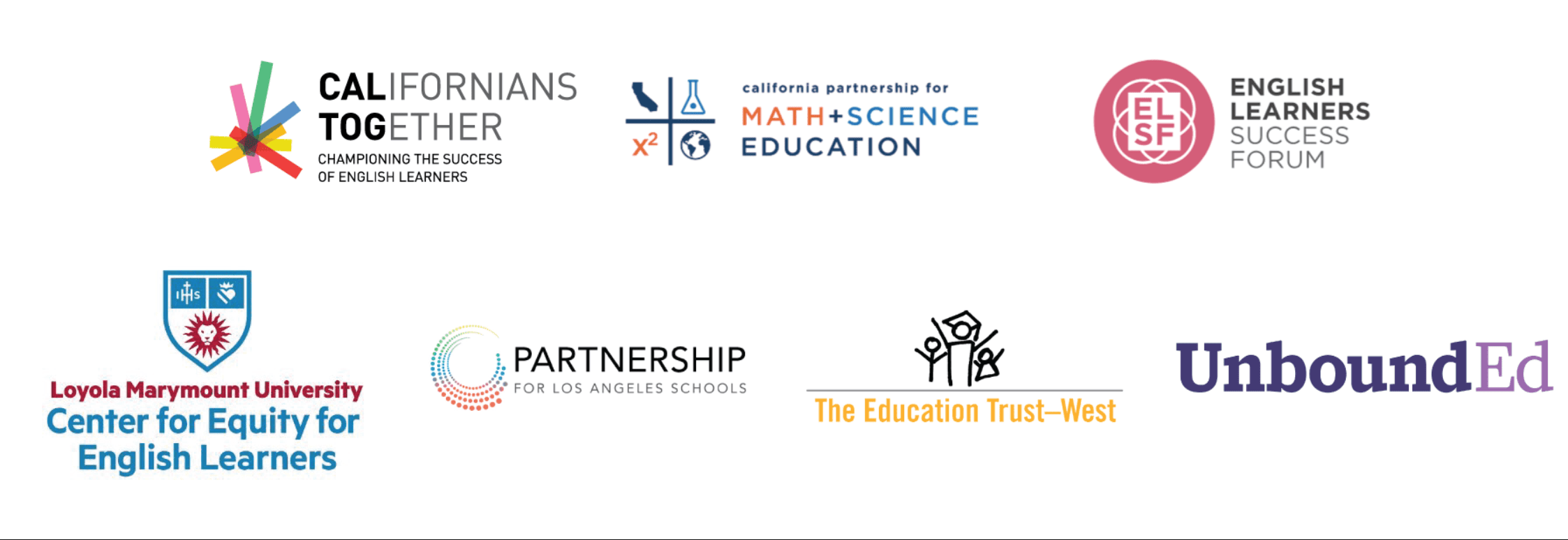Today we celebrate the State Board of Education’s adoption of the 2023 Mathematics Framework for California public schools. For over three years, our organizations have been collaborating to ensure that this update to the Math Framework includes principles of equity, is asset-based and culturally and linguistically responsive, and meets the needs of all of California’s students, including English learners. We are pleased to see many of these priorities reflected in the final version.
However, as we celebrate this achievement, we must also acknowledge that there is critical work ahead to ensure that the robust vision of the Framework becomes reality. Instructional frameworks at their essence are just guidance. Therefore, it is up to state, county, district, and school leaders to ensure that the guidance in the Framework is implemented well, and that educators receive the professional learning and support they need to provide access and equity for all students. In particular, we hope that the passage of the Math Framework provides the California Department of Education and local education agencies (LEAs) with the opportunity to:
- Review and adopt policies and practices (including those related to course placement, instructional materials adoptions, student support structures, educator professional learning & supports, and family engagement) to ensure equitable access to rigorous coursework for all students, especially those who have been furthest from opportunity,
- Ensure that educators are prepared and supported to make rigorous math content accessible to all students, including in the delivery of integrated English Language Development (ELD) across the content, and
Ensure that the state and LEA adoption process for math instructional materials is robust, aligned with the Framework, and delivers the high-quality instructional materials that our students deserve. - As we celebrate the adoption of the 2023 Math Framework, our organizations also renew our commitment to continue to collaborate and support the field to ensure that the principles of equity throughout the Framework become reality in all of California’s school districts.
Over the next two years, our organizations will work collectively as the California High Quality Instructional Materials (HQIM) Coalition and Learning Partners to ensure that California’s list of approved instructional materials for TK-8 are high-quality, aligned to mathematics and English language development standards, center strategies and supports for multilingual learners, and are culturally and linguistically relevant for all of California’s diverse students. We will also create and disseminate resources to support schools and districts to evaluate, adopt, and effectively implement high-quality instructional materials in mathematics that align with the new Math Framework.




